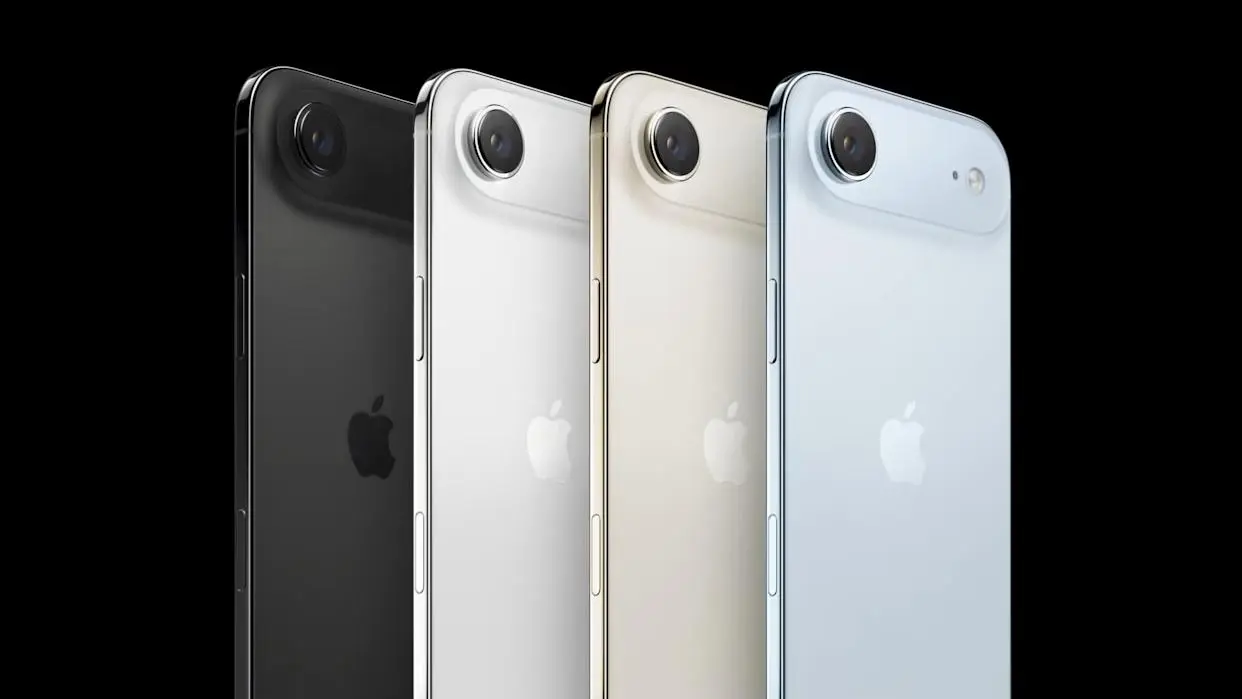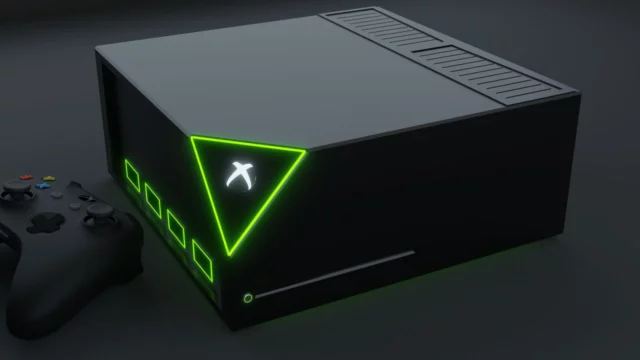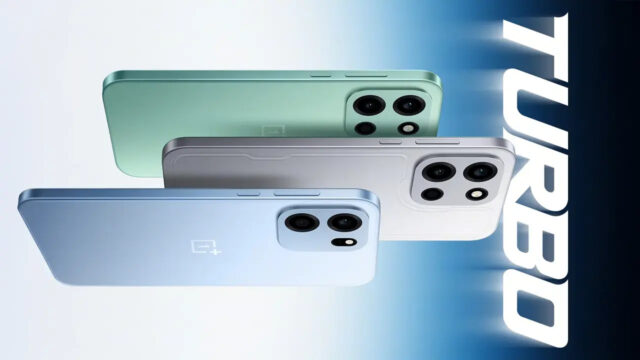The ultra-thin design strategy of Samsung and Apple, two giants of the smartphone market, has been disappointing, failing to meet the expected demand. Following Samsung’s sales struggles with the Galaxy S25 Edge, it has now emerged that Apple’s iPhone Air is suffering a similar fate. According to the latest reports, the iPhone Air is facing slower-than-expected demand despite boasting high-end features and a sleek, ultra-thin design.
Apple Backtracks as iPhone Air Demand Falls
According to a report by The Elec, citing Japan’s Mizuho Securities, Apple plans to cut production of the iPhone Air by approximately one million units this year due to lower-than-expected demand.

This situation contrasts sharply with Apple’s overall iPhone strategy. The company has decided to increase the total production of the iPhone 17, iPhone 17 Pro, and iPhone 17 Pro Max by two million units. This move raises the total production forecast for the iPhone 17 series from 88 million to 94 million units by early 2026. This demonstrates full confidence in the other models in the series.
While the iPhone Air sold out quickly, particularly in the Chinese market, it experienced less interest in Western markets. Analysts list the main reasons for this:
- Ultra-thin designs generally lead to lower battery capacity and fewer camera options. Consumers have chosen to sacrifice slimness when it comes to battery life and photography capabilities.
- Users are choosing either the standard iPhone 17 model, due to its more affordable price, or the iPhone 17 Pro models, which offer advanced camera systems and premium features. The iPhone Air’s price-feature balance has lost its appeal, falling somewhere between these two models.
This decline aligns with Samsung’s similar story, which saw the cancellation of the Galaxy S26 Edge project due to slowing sales of the Galaxy S25 Edge, and the reintroduction of the Galaxy S26 Plus.
Market observers believe that Apple’s strategic adjustment is not a step backward, but rather an attempt to find the balance between innovation and market expectations. Despite the reduction in the iPhone Air, the overall performance of the iPhone 17 series is among the strongest in recent years.













